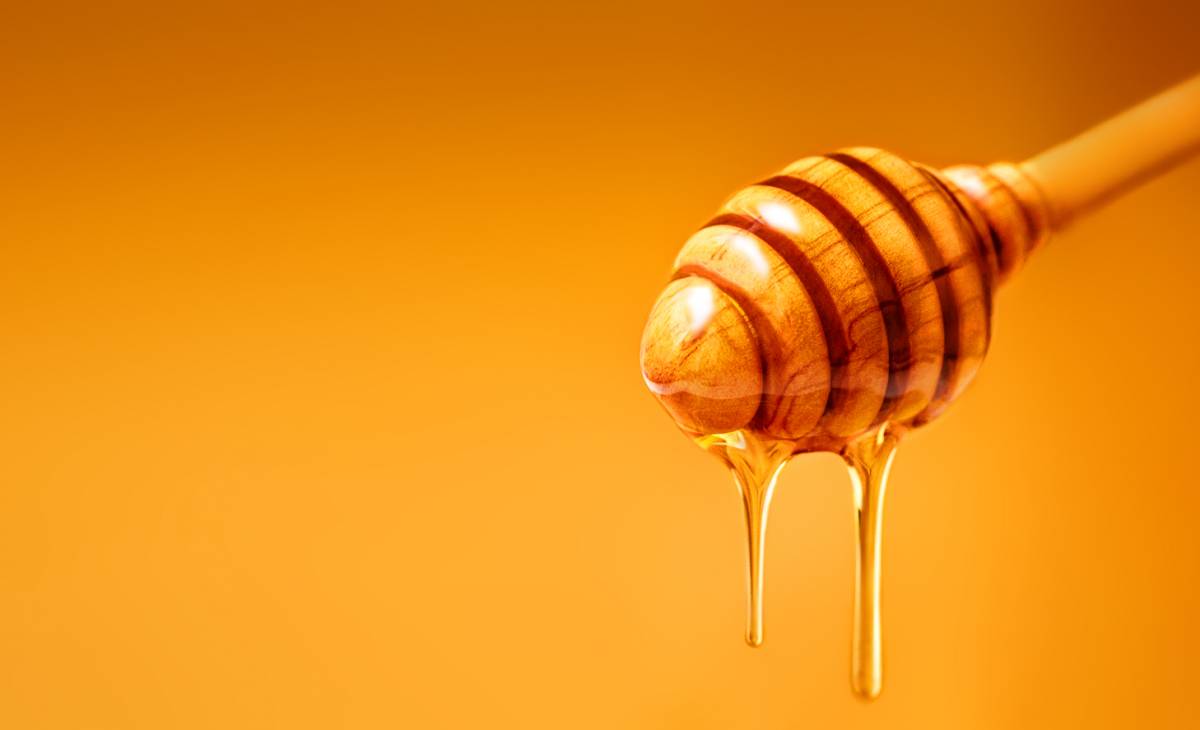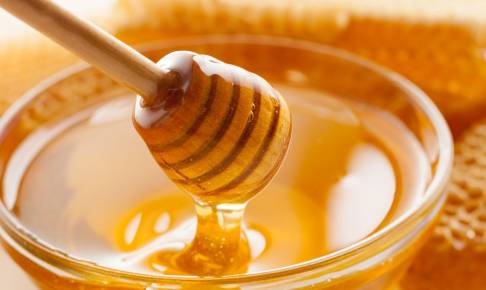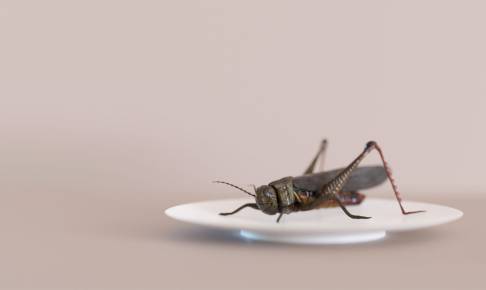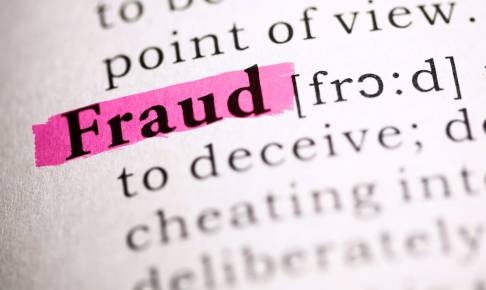Honey fraud: FCC’s identification standard and mitigation plan
According to publicly available statistics, honey is routinely ranked as one of the top five food fraud products. Honey is significantly more expensive to make than other sugar syrups, especially those derived from plants like corn, rice, sugarcane, and sugar beets. As a consequence, substituting alternative sugar syrups for honey has a significant cost benefit.
In general, it is not always easy to determine whether honey is pure. Although testing procedures have progressed, verifying a sample of a product branded as "honey" still presents several problems. For these reasons, U.S. Pharmacopeial (USP) Food Chemicals Codex (FCC) is working on two initiatives relating to honey authenticity with its global network of scientific specialists. The creation of a honey identification standard is the first step. The standard's goal is to establish a set of criteria and procedures that may be utilized to verify that a product is correctly and effectively represented, especially one with natural variability like juice, cold-pressed oil, or honey. The standard is for usage in business-to-business partnerships and is optional. It is adaptable enough to take into account the product's inherent variations. The FCC is expected to publish the FCC honey standard in September this year. A food fraud mitigation guideline paper for honey is also being developed by the USP Honey Expert Panel. The guide will contain a thorough discussion of the many variables that contribute to honey fraud as well as recommendations for building a honey-specific fraud mitigation plan. The FCC Forum is expected to include it in 2022.
Sources:
https://www.foodchemicalscodex.org/






















